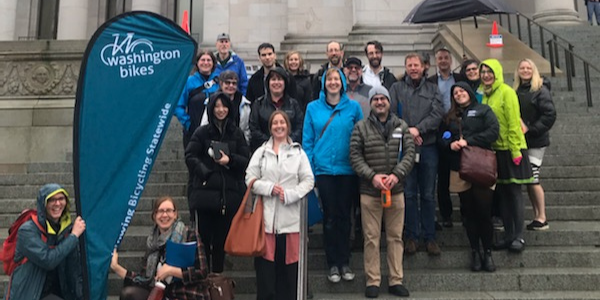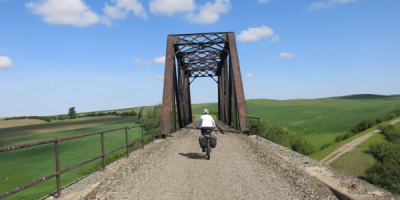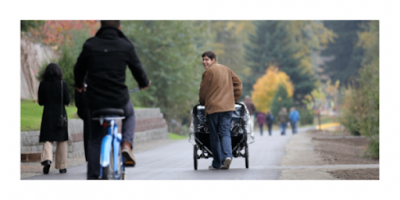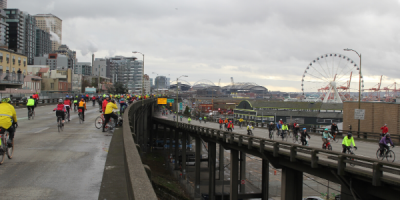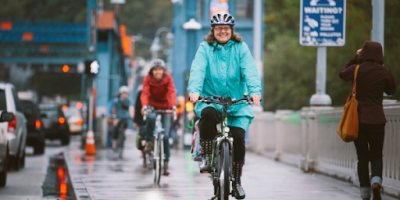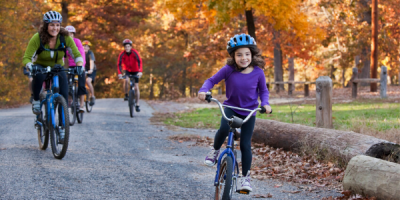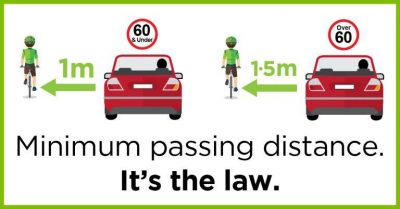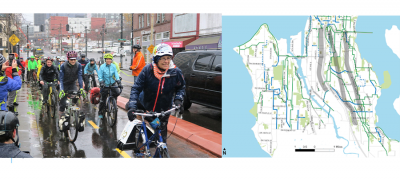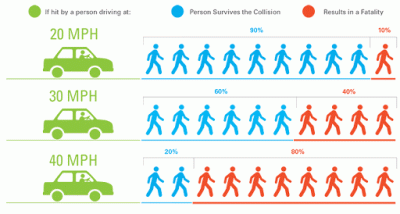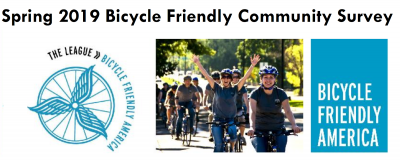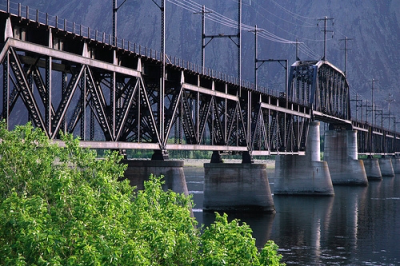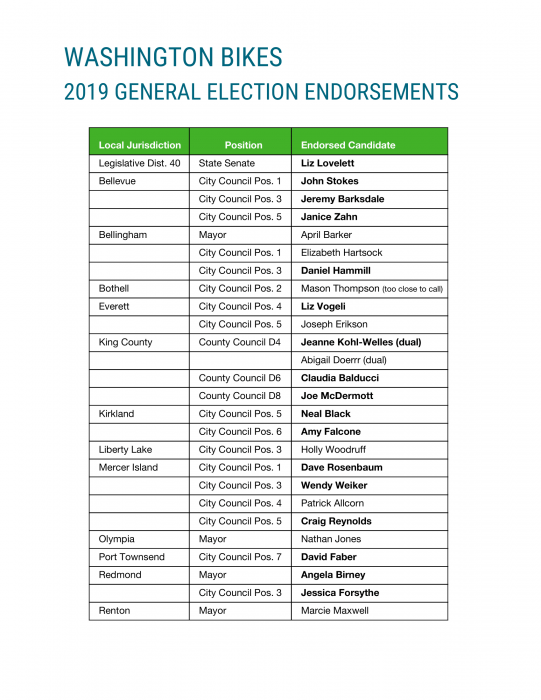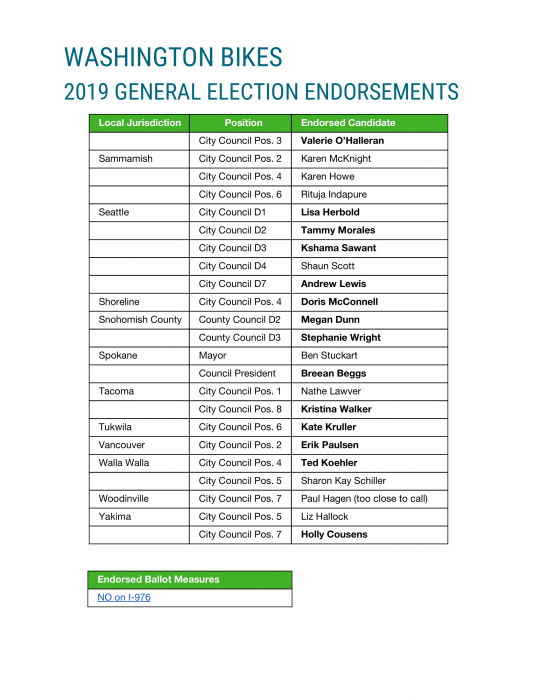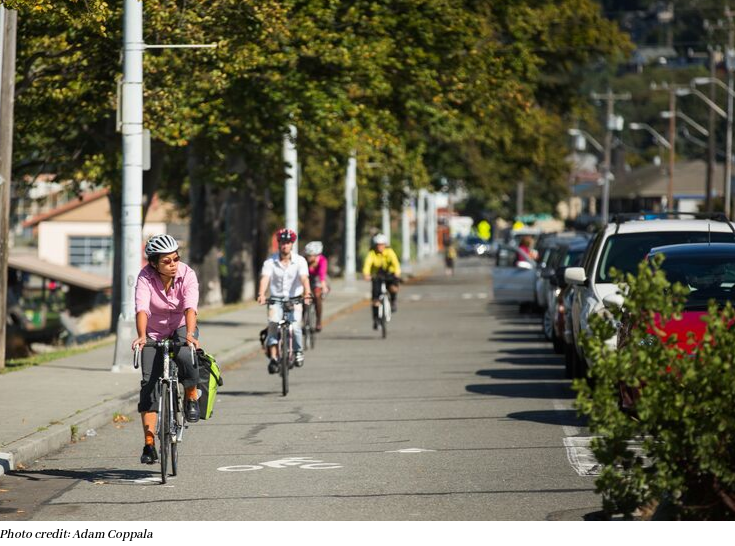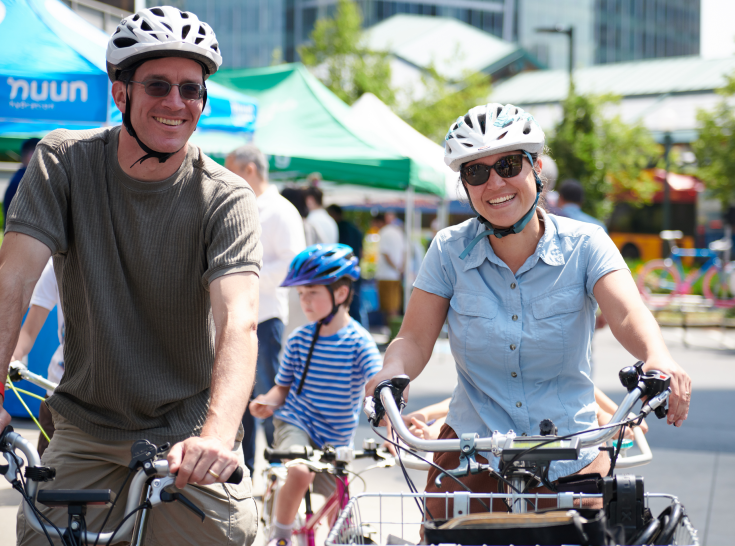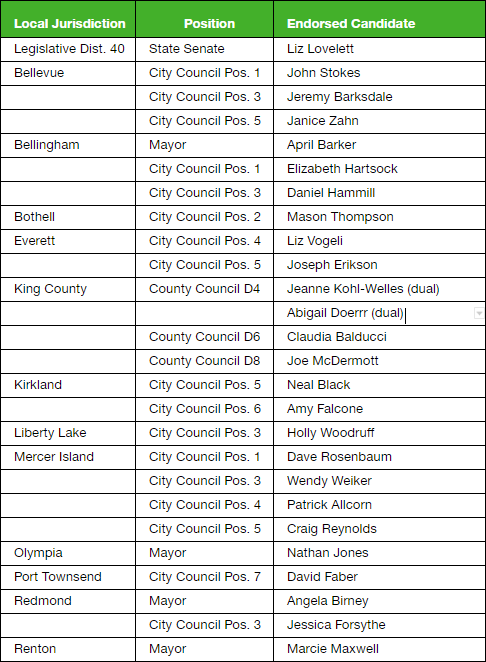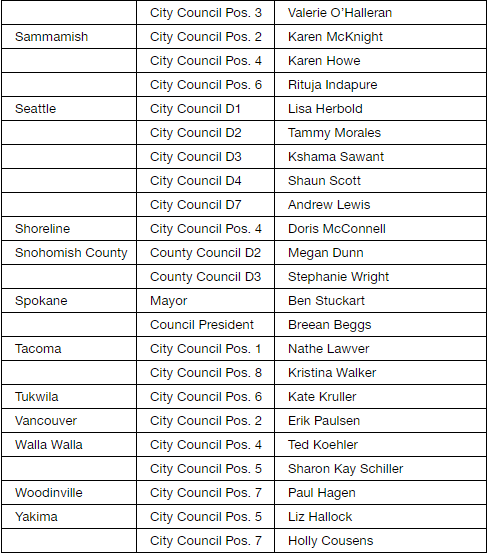Despite 2020 being a “short session” in Olympia, there is no shortage of bills that intend to increase safety for people biking through new policies, increase funding to connect communities by bike, or remove other barriers to biking. Read on for a rundown of bills, and how they are progressing through the state Legislature.
…………………………………………………
This coming week marks the half-way point of the 2020 60-day short session in Olympia. Bills not related to the budget must have passed out of their committee of origin by Friday, February 7 in order to continue moving through the legislative process. Much of the short session thus far has been focused on policy; there will be a pivot to focusing on the budget in the coming weeks.
Washington Bikes’ priority legislation, the Safety Stop, (a potential new law similar to the “Idaho Stop” to keep people on bikes safer at stop signs) has cleared the first cutoff and is moving forward in the legislative process! Here’s an update on legislation that will improve safety for people who bike as well as improve Washington’s transportation system:
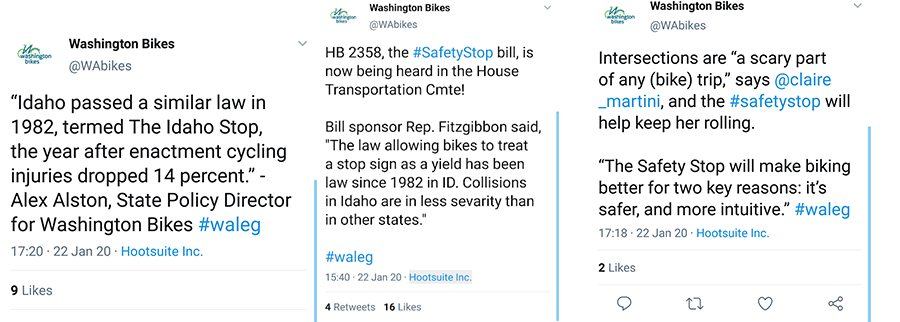
SB 6208/HB 2358: Allowing people who bike the option to treat a stop sign as a yield, known as “the Safety Stop.” Both bills have been amended to require a complete stop at a school bus stop sign signal.
- SB 6208 (Sen. Billig, 3rd LD – Spokane) unanimously passed out of the state Senate Transportation committee February 3. The bill has been referred to the Rules committee where it is eligible to be pulled to the floor calendar.
- HB 2358 (Rep. Fitzgibbon, 34th LD – Burien) passed out of the House Transportation committee Jan. 29 with a vote of 24-7. The bill was pulled from the Rules committee to the floor calendar by Rep. Pettigrew Feb. 4.
SB 6452/HB 2461: Adding health as a Washington State Department of Transportation policy goal. The House bill was the intended vehicle for the legislation; the bill would need to be scheduled for executive session by February 11 in order to move along in the process.
- SB 6452 (Sen. Billig, 3rd LD – Spokane) this bill has not had a public hearing as the House version is the vehicle.
- HB 2461 (Rep. Riccelli, 3rd LD – Spokane) had a public hearing in the House Transportation committee January 22. It has not been scheduled for executive session at this time.
HB 2587: Establishing a program for the designation of state scenic bikeways. This bill is modeled after Oregon’s scenic bikeways program.
- HB 2587 (Rep. Ramel, 40th LD) passed out of the Committee on Housing, Community Development & Veterans and was referred to Appropriations for further consideration. The bill is scheduled for a public hearing in House Appropriations Feb. 8.
HB 2481: Establishing exceptions to trailer license plate display requirements (allowing temporary obstruction of a car license plate for a bike rack, trailor, etc)
- HB 2481 (Rep. Thai, 41st LD – Bellevue) had a public hearing in the House Transportation committee January 22. It has not been scheduled for executive session at this time.
SB 6493: A technical fix bill for the legislation that created the Cooper Jones Active Transportation Safety Council.
- SB 6492 (Sen. Liias, 21st LD – Mukilteo) had a public hearing in Senate Transportation committee Jan. 29 and was scheduled for executive action Feb. 5, but no action was taken.
